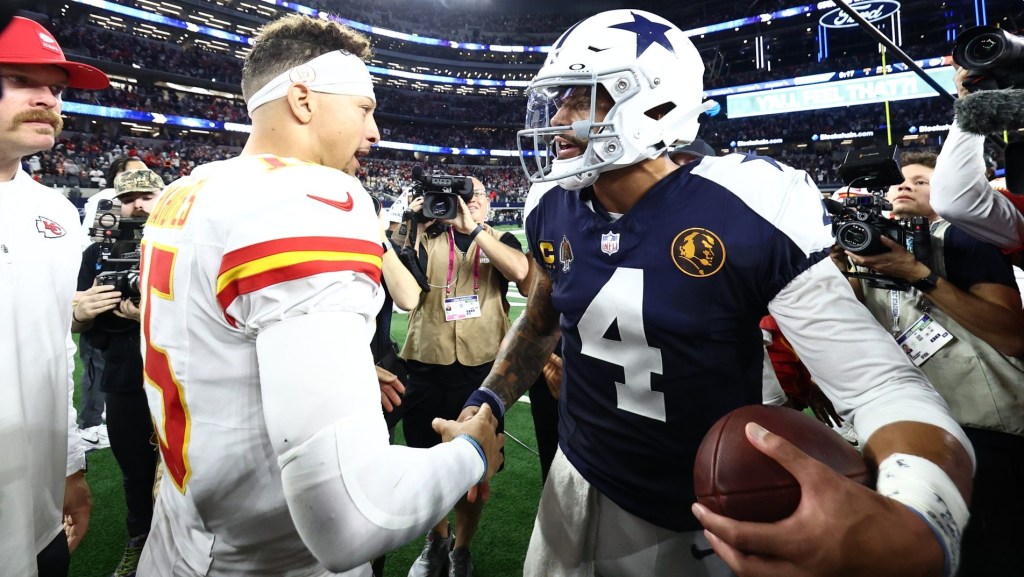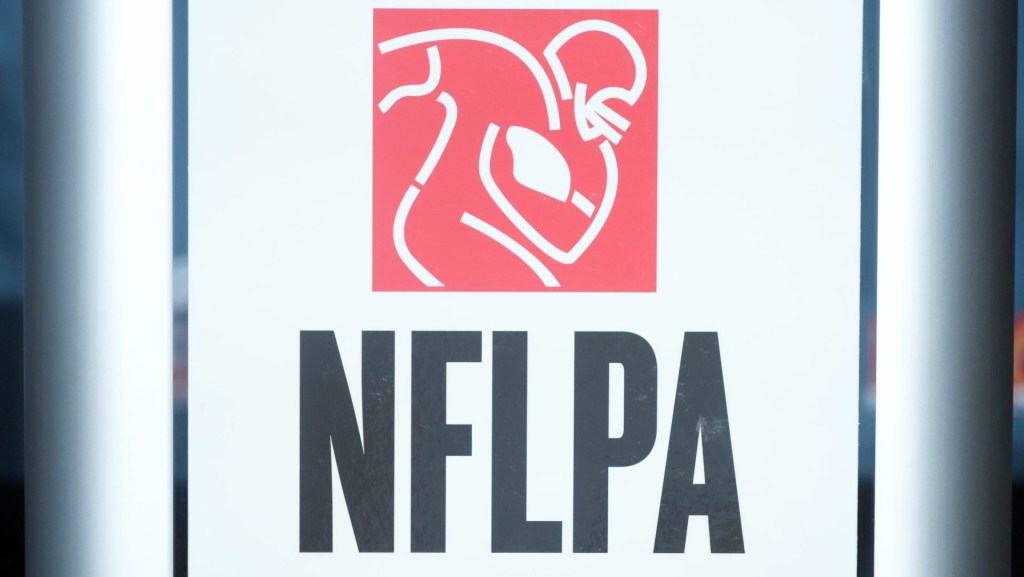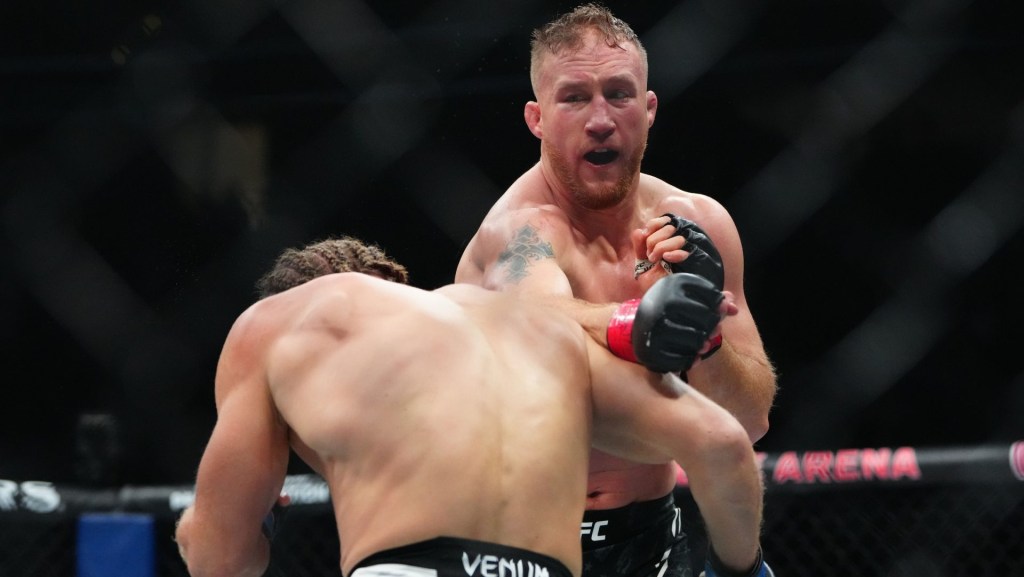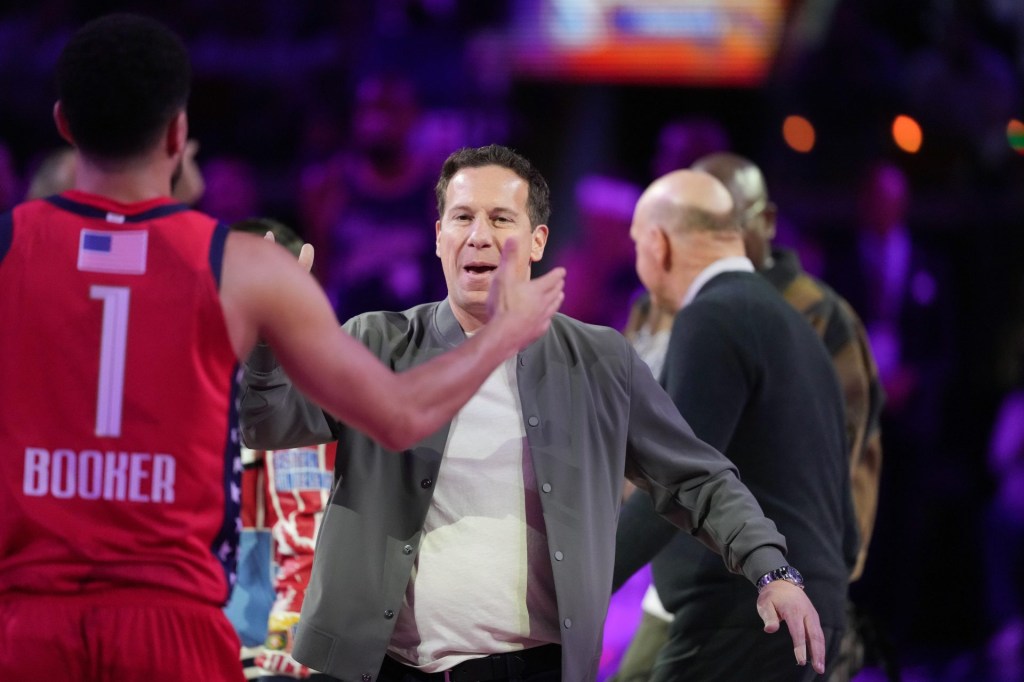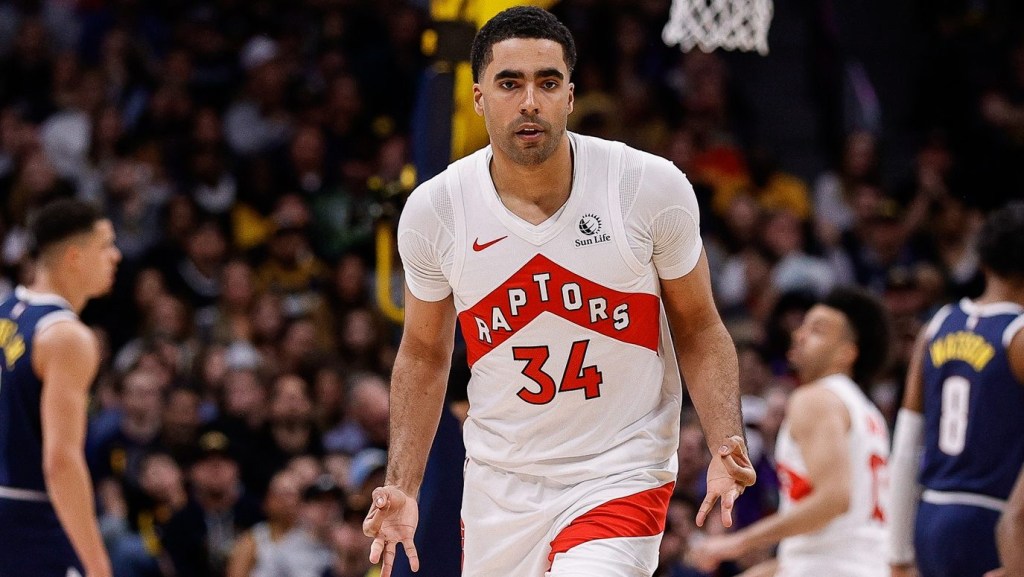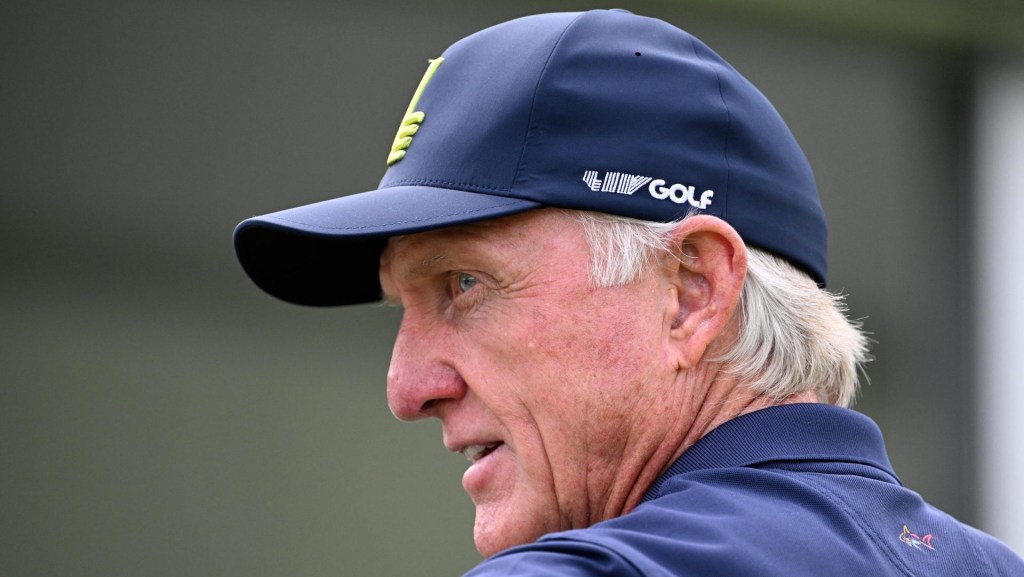The NFL is the only one of the big four sports leagues that does not allow private equity investment—but it’s up for discussion. There’s an owners committee studying whether to lift the NFL’s rule, and that group will potentially offer up some options for a vote to reverse the bylaw at the upcoming owners meetings in Orlando, March 24–27, Falcons owner Arthur Blank tells Front Office Sports.
“The value of the franchises are reaching such levels, the opportunity to have more flexibility to provide financing and keep a family in control without having to sell major blocks of their ownership—there are models that can work,” says Blank, who’s on the five-person committee discussing PE. “It’s something the NFL is looking at from a positive standpoint, but we’ll see how it shakes out.”
The NBA, MLB, and NHL each allow private equity investment with limits, keeping the positions to limited partnership status, and a swath of investment firms have emerged that specialize in sports franchises. Blank would not say what his position is on allowing sovereign wealth funds, which the other three leagues allow.
As valuations of NFL teams have skyrocketed, it’s become harder to find enough wealthy buyers. Josh Harris’s $6.05 billion purchase of the Commanders followed his struggle to find enough investors to come up with the cash. The league has already increased the amount of debt that a new buyer can use, but the rapid escalation of sports team prices makes the private equity path seem inevitable for the NFL.
Blank, for his part, suggests another reason to allow PE: keeping teams within families when an owner passes and leaves a big tax bill. Selling a slice of the franchise to private equity can raise those funds for the heirs.
Blank spoke to FOS last week in his hotel room in Las Vegas, days before the Super Bowl. His responses below are edited for conciseness and clarity.
On whether the Falcons want to host another Super Bowl
“We have our hat in for another Super Bowl [for the 2028 or ’29 game].”
On his comfortability with the NFL’s gambling policy
“Once the Supreme Court made its decision, gambling is here. The league’s position on it has been: Protect the game at all costs, which obviously is absolutely critical. And all the ramifications of that in terms of club personnel, players, betting—I haven’t even walked into a casino [in Las Vegas this week]. I don’t want to be seen there. Theoretically, if I wanted to go to the slots I could—I’m not even sure. … But it is what it is. The league will be a participant, and they are a participant in all the economics that have come out of it. Hopefully, the league is being sensitive and promoting responsible betting, because we all know that some of these things can become addictions.”
On the NFL Players Association’s stance that it’s hypocritical for the Falcons’ Mercedes-Benz Stadium to install a grass field for the 2026 World Cup matches that Atlanta is hosting
“The league is spending a tremendous amount of time and money to make sure the fields—whether they be natural grass or synthetic—[are safe]. They’re working closely with the NFLPA, 25 to 30 engineers and scientist. The NFL is absolutely committed to creating the best, safest environment they can for the players. However that’ll finally shape up, I don’t know.”
On his involvement with the Strategic Sports Group’s multibillion-dollar investment in the PGA Tour
“This new interest that [the PGA Tour] has [in switching from a nonprofit to a for-profit model] is very positive for the game. When I met with the players, I’ve said: You know you can get all the money you want, because the product is great and the upside is significant. What you really should be in terms of picking who you want as a partner [is] super sensitive to What can they bring to the table that can really help the Tour grow as a platform—business experience, life experience, sport perspective …’”
On the threat of LIV Golf, to which the PGA Tour has lost players
“Of the top 100 players in the world, I think there’s seven on [LIV]. So keep it all in perspective.” (Editors’ note: That figure is fluid; as of Tuesday the number was nine.)
On whether he thinks the new three-way sports streaming combination will reduce competition for streaming rights, as some have feared
“There’s plenty of competition for the NFL’s media rights. If you reduce it to such a small number then you don’t have quite the opportunity—but I don’t think the league is worried about that at this point.”
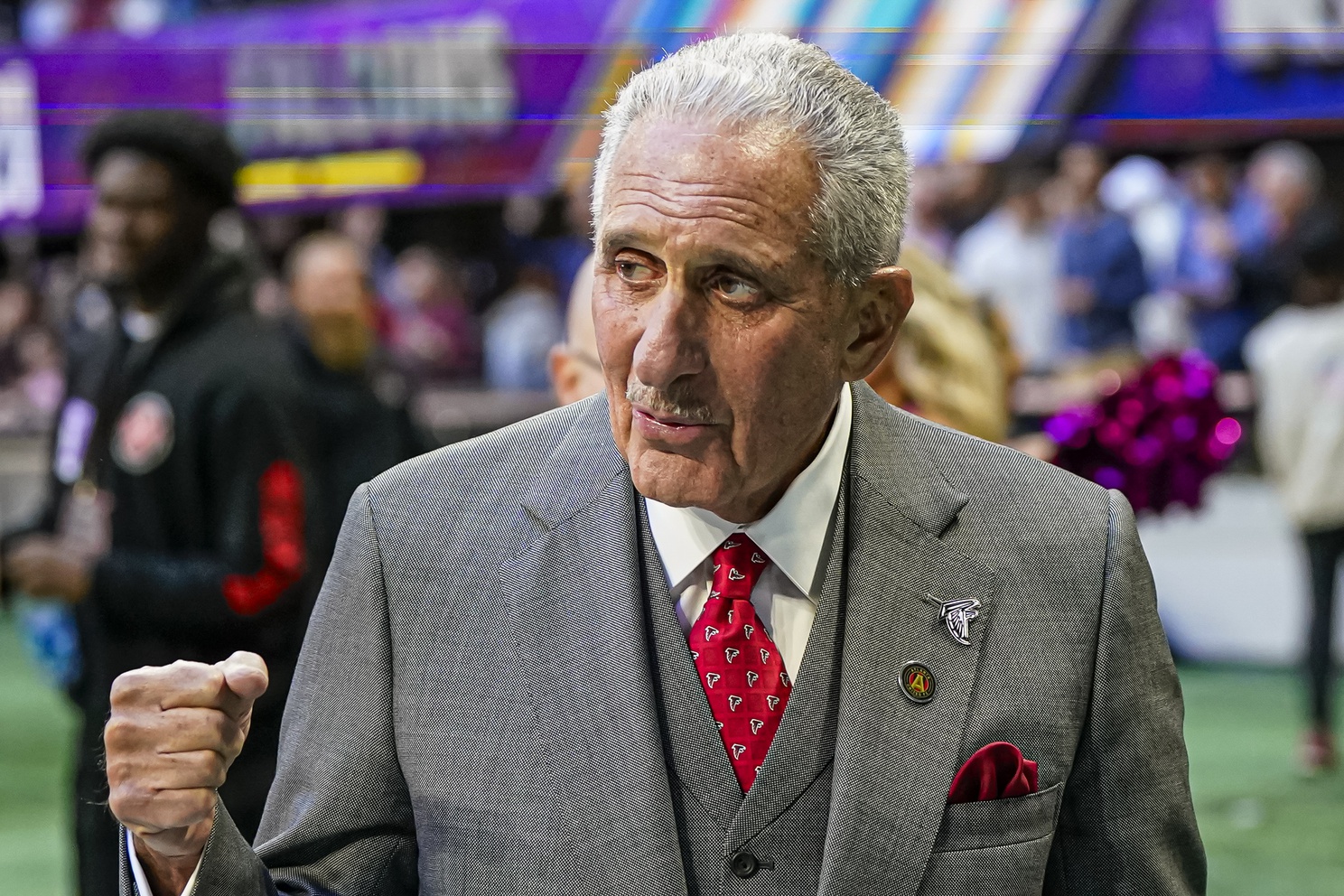




![[Subscription Customers Only] Jun 15, 2025; Seattle, Washington, USA; Botafogo owner John Textor inside the stadium before the match during a group stage match of the 2025 FIFA Club World Cup at Lumen Field.](https://frontofficesports.com/wp-content/uploads/2026/02/USATSI_26465842_168416386_lowres-scaled.jpg?quality=100&w=1024)
![[Subscription Customers Only] Jul 13, 2025; East Rutherford, New Jersey, USA; Chelsea FC midfielder Cole Palmer (10) celebrates winning the final of the 2025 FIFA Club World Cup at MetLife Stadium](https://frontofficesports.com/wp-content/uploads/2026/02/USATSI_26636703-scaled-e1770932227605.jpg?quality=100&w=1024)


